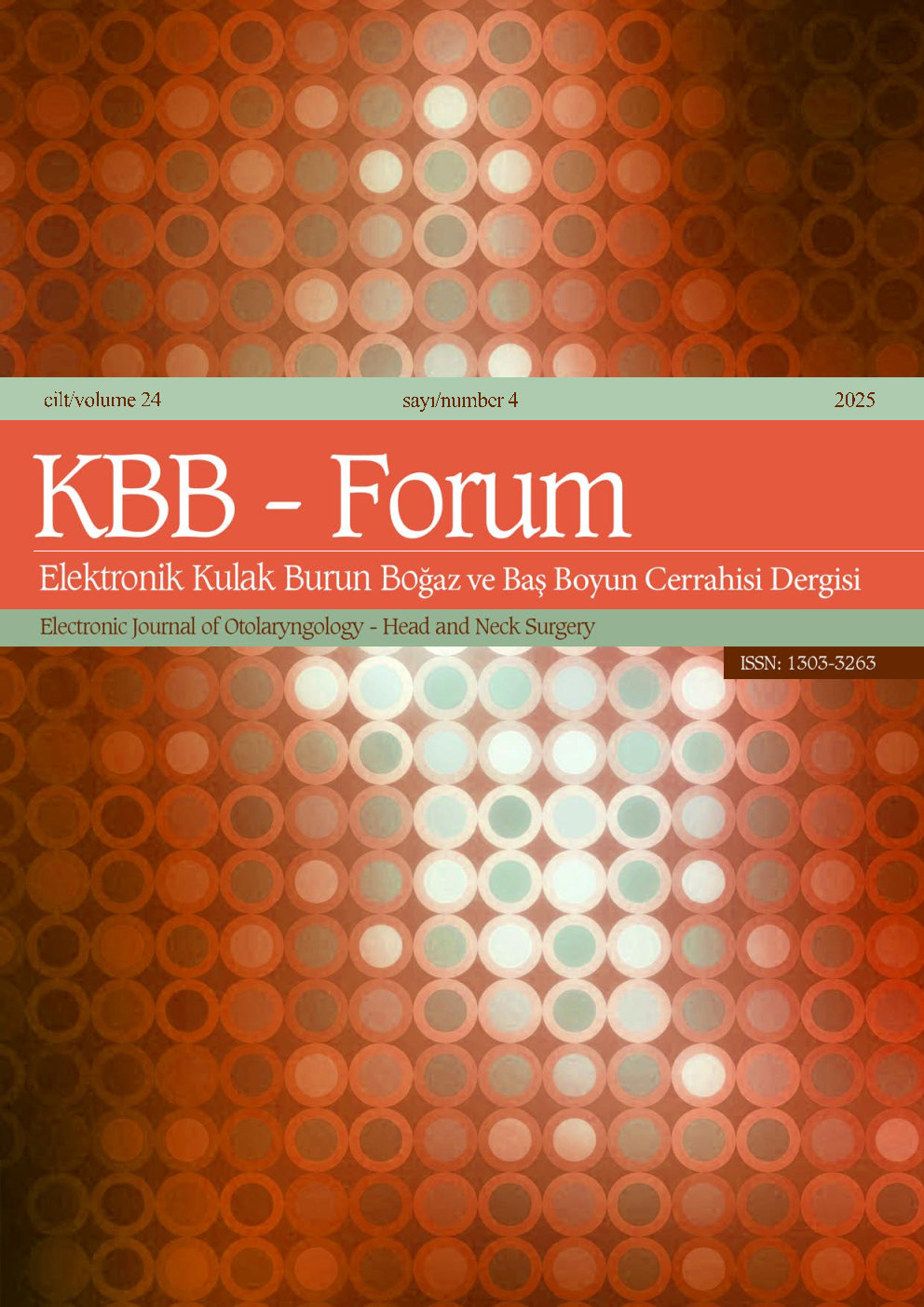EFFECTS OF TREATMENT COMPLIANCE ON QUALITY OF LIFE AND MENTAL HEALTH IN CHILDREN WITH ALLERGIC RHINITIS
1Mardin Artuklu Üniversitesi Tıp Fakültesi, Çocuk ve Ergen Ruh Sağlığı ve Hastalıkları, Mardin, Türkiye2Diyarbakır Çocuk Hastalıkları Hastanesi, Çocuk Alerji ve İmmünoloji, Diyarbakır, Türkiye Objective: This study aims to assess how adherence to treatment in children with allergic rhinitis (AR) affects their quality of life, particularly in relation to sleep and other psychiatric symptoms.
Method: The study included 67 children between the ages of 8 and 18 years who were being followed up with a diagnosis of allergic rhinitis and 67 healthy children presenting to the healthy child outpatient clinic. Parents completed the Strengths and Difficulties Questionnaire, while the children completed the State-Trait Anxiety Inventory, the Quality of Life Scale for Children, the Pittsburgh Sleep Quality Index and the Morisky Medication Adherence Scale.
Results: In the allergic rhinitis (AR) group, the SDQ total score, peer problems and emotional symptoms subscale scores were significantly higher and the social skills score was lower (p<0.001). In the PedsQL scale, all subscales except emotional functioning and total score were significantly lower in the AR group (p<0.05). Sleep total score was significantly higher in the AR group (p=0.002). According to the MMAS-8 score, the AR group was divided into two subgroups; a negative correlation was found between emotional symptoms, behavioral problems and SDQ total scores and a positive correlation was found between physical health, emotional and psychosocial functioning and MMAS-8 in the low adjustment group (p<0.05). There was a negative correlation between sleep score and MMAS-8 (p=0.011). A significant difference was found only in MMAS-8 scores according to the type of medication use; medication adherence was significantly higher in the montelukast group than in the inhaled steroid group (p=0.009).
Conclusion: In conclusion, we observed that decreased adherence to treatment in children with allergic rhinitis negatively affects children's quality of life, sleep quality, and social and psychological functioning. This emphasizes the importance of developing structured intervention programs to increase adherence to treatment and improve sleep quality in children with allergic rhinitis.
Keywords : Allergic rhinitis, child, treatment adherence, quality of life



